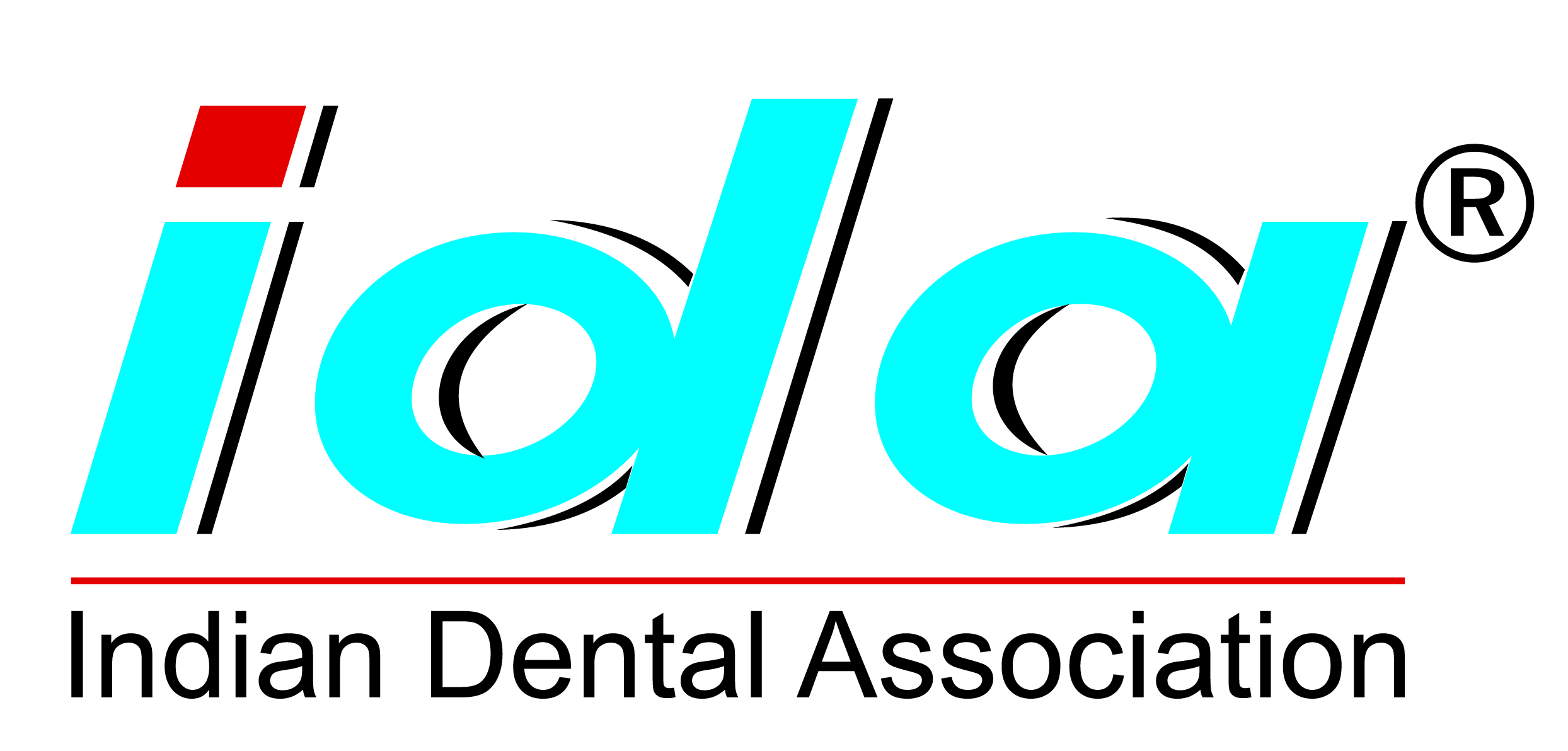The care and treatment that children, young people and vulnerable adults receive
from their dental clinic should account of their special physical, psychological
and social needs, and must be provided in partnership with parents, guardians and
care takers.
-
The dental team should be aware of the law on children, young people and vulnerable
adults giving informed consent. The team must understand the consequences if children,
young people and vulnerable adults agree or refuse treatment.
-
Dental care provided for children and young people should take account of their
different stages of development.
- The dental team should have procedures in place for child protection.





